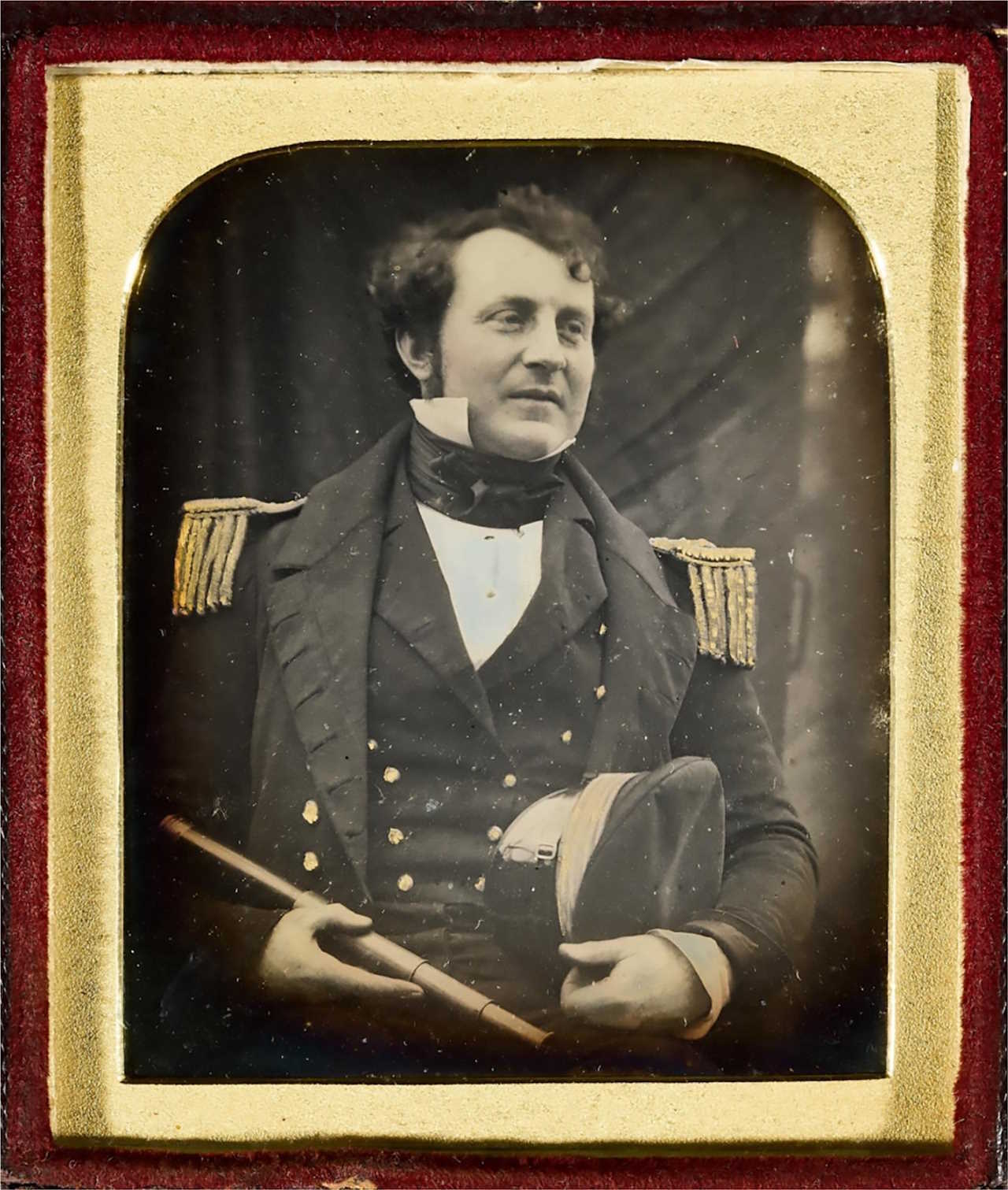Horrors of the sea: archaeologists identify captain who was eaten by his own crew in the XIX century

Archaeologists have managed to identify James Fitzjames, the captain of the Erebus ship from the lost Franklin expedition that disappeared in the Arctic in 1845, by analyzing his remains. The captain's bones showed signs of cannibalism, which confirms the theory that the sailors who found themselves stranded in the ice resorted to extreme measures to survive.
This discovery helps to shed light on the last events of the expedition, when British naval officers were unable to find a passage from the Atlantic to the Pacific Ocean through Arctic waters. The results of the study were published in the Journal of Archaeological Science: Reports.
What kind of expedition was it and why did its participants resort to cannibalism?
In 1845, under the command of Sir John Franklin, an expedition set out to explore an unknown part of the Northwest Passage, a sea route that connects the Atlantic to the Pacific Ocean and runs along the northern coast of North America through the Canadian archipelago. The expedition consisted of two vessels, the Erebus and the Terror, with 129 crew members on board.
In 1848, the surviving captains James Fitzjames and Francis Crozier made the last record of the mission, indicating that the crew had gone ashore after the deaths of 15 sailors and nine officers. However, the rest of the crew did not survive either, as Inuit interviewed during search expeditions reported bodies with signs of cannibalism. It was part of these remains that were studied by scientists from the Universities of Lakehead and Waterloo in Canada.

What new facts did you learn about the expedition?
The researchers studied DNA from a mandibular tooth found at the NgLj-2 site, where the lifeboat of one of the expedition's vessels was discovered. Using Y-chromosomal analysis, they compared these remains with the DNA of a living descendant of James Fitzjames. The analysis showed a high enough similarity to confirm that these are indeed the remains of the captain of the Erebus.
This indicates that Fitzjames died in the early stages of the expedition's retreat, about 80 km from the place of the last record. Cuts were found on his bones, making Fitzjames the first confirmed victim of cannibalism among the members of Franklin's expedition. His death seriously affected the command at a critical moment, which was probably one of the reasons why the crew never reached the Buck River, where they planned to find salvation.

Why is this discovery so important?
The identification of Fitzjames as a victim of cannibalism highlights the extreme desperation of the expedition members. It was previously known that some of the crew had died of disease and lead poisoning, so it is possible that the rest of them were trying to survive in any way possible on their way south. This discovery also shows that in the last days of the expedition, the rank or status of the officers no longer mattered-survival was the only goal for everyone.
Earlier we told you that scientists revived a thousand-year-old biblical tree from a seed found in a cave.
If you want to get the latest news about the war and events in Ukraine, subscribe to our Telegram channel!
